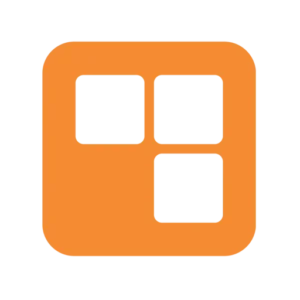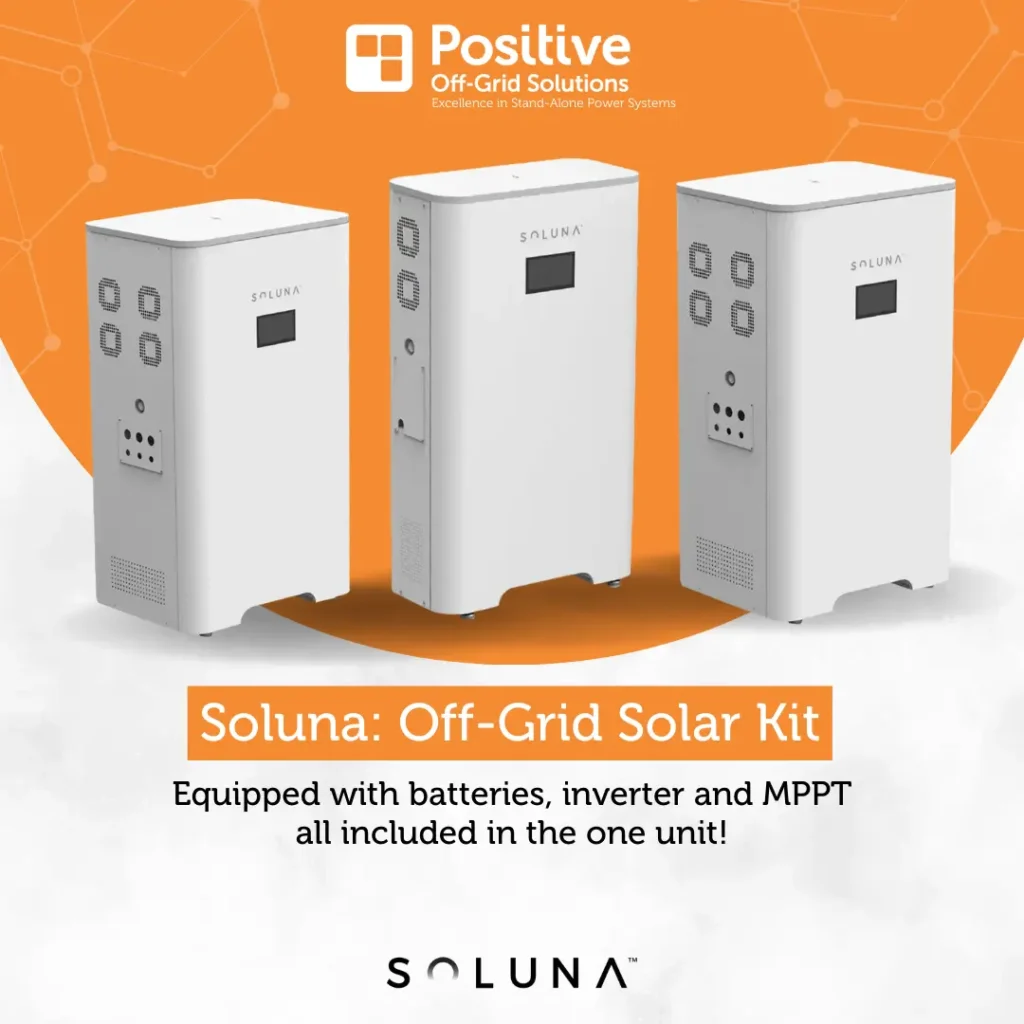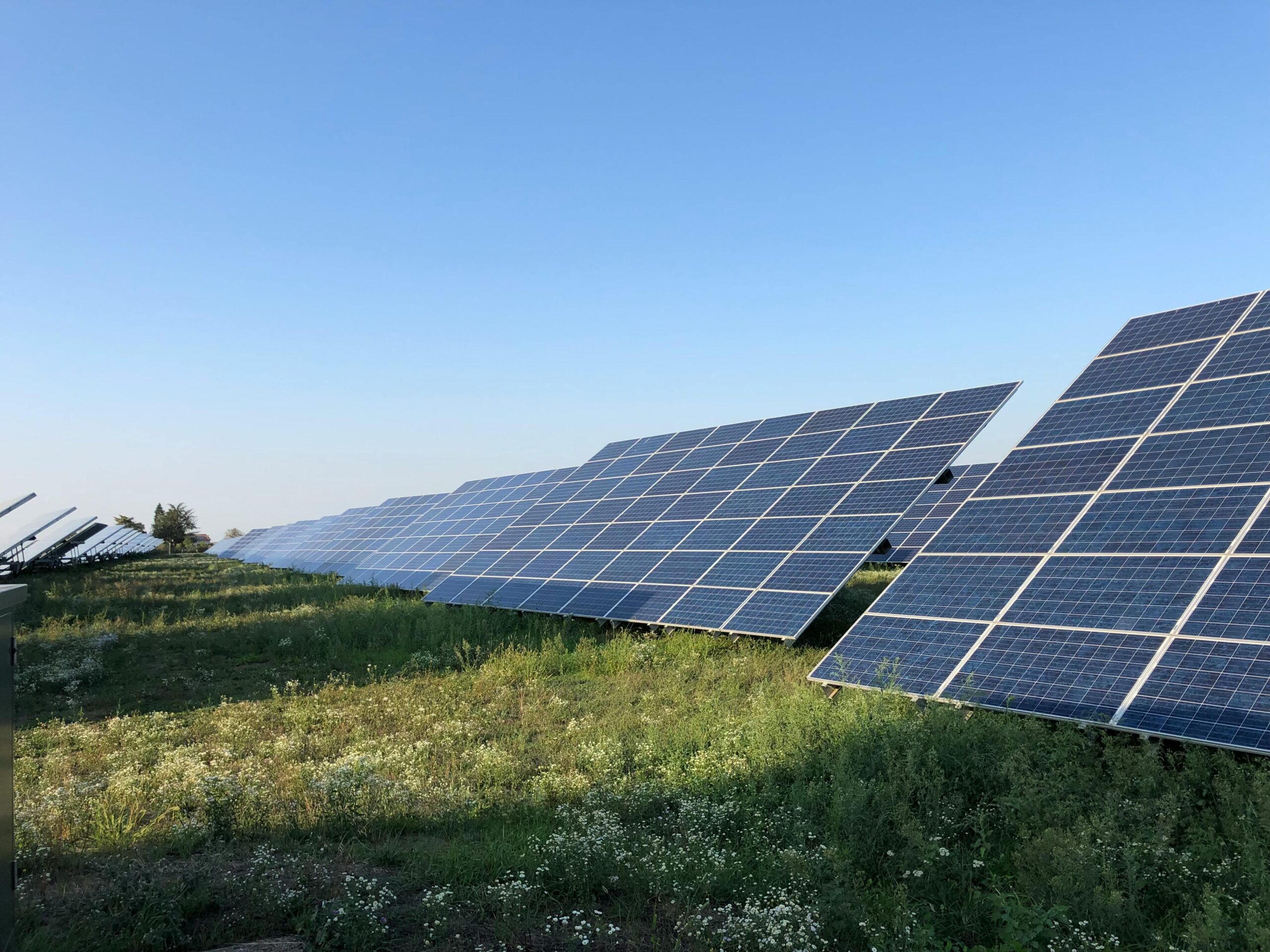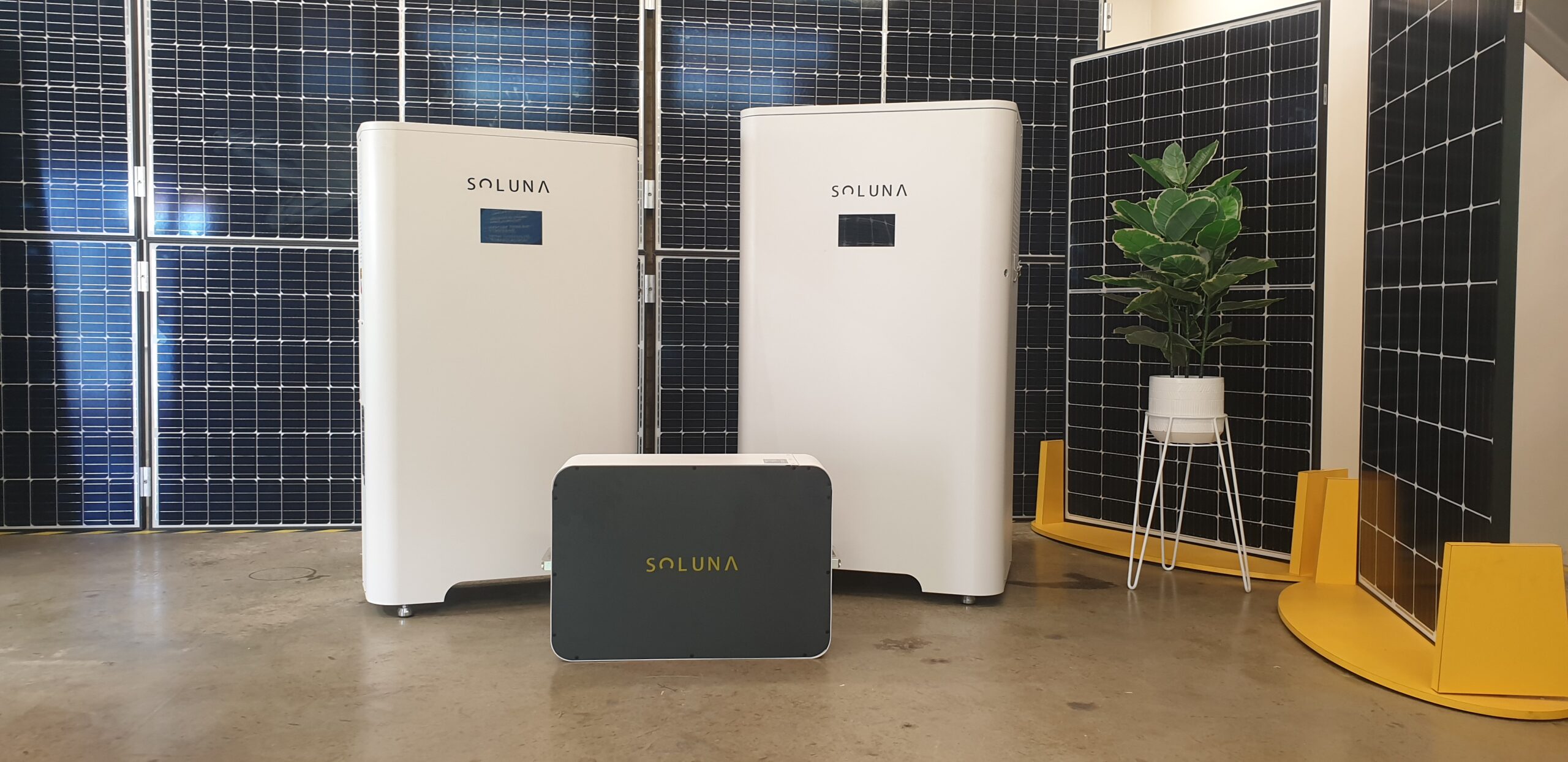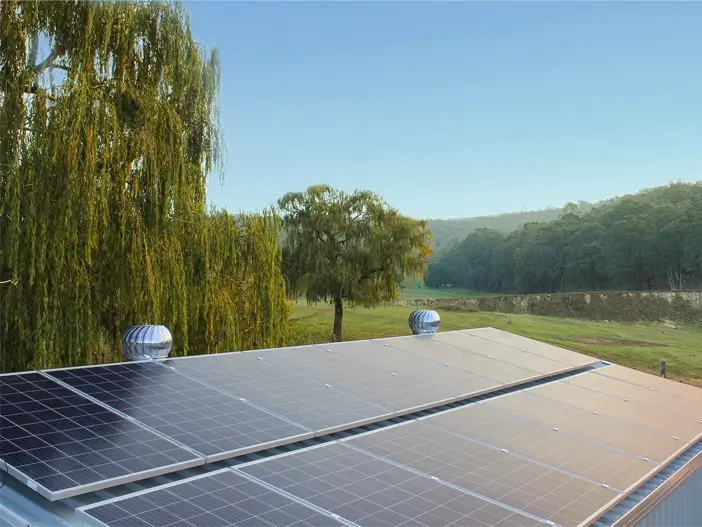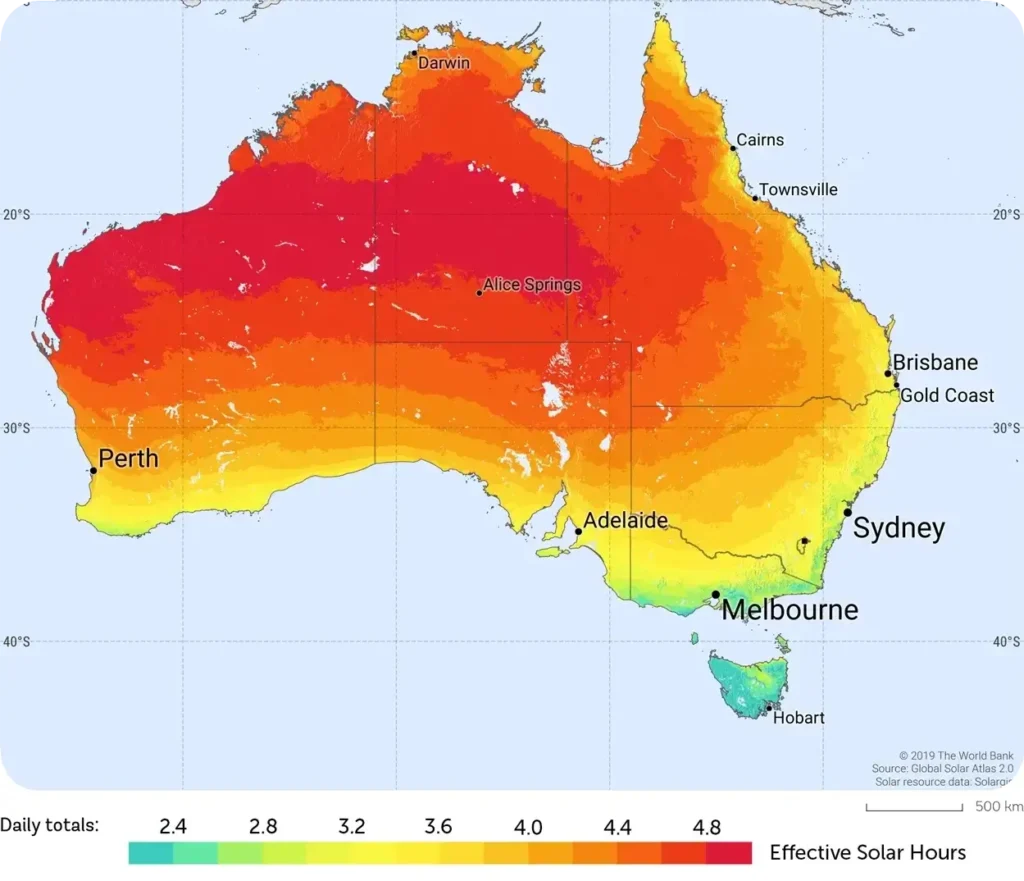The term ‘off-grid solar system’ has increasingly become a buzzword in recent years, as more people seek sustainable and independent energy solutions. Going off-grid with a solar power system means you’re disconnecting from the conventional electricity grid and using the sun as your primary energy source.
But did you know that not all solar off grid system are the same? They vary in design and function based on the needs they’re meant to address. In this blog, we’ll explore the different types of off-grid solar systems available to consumers.
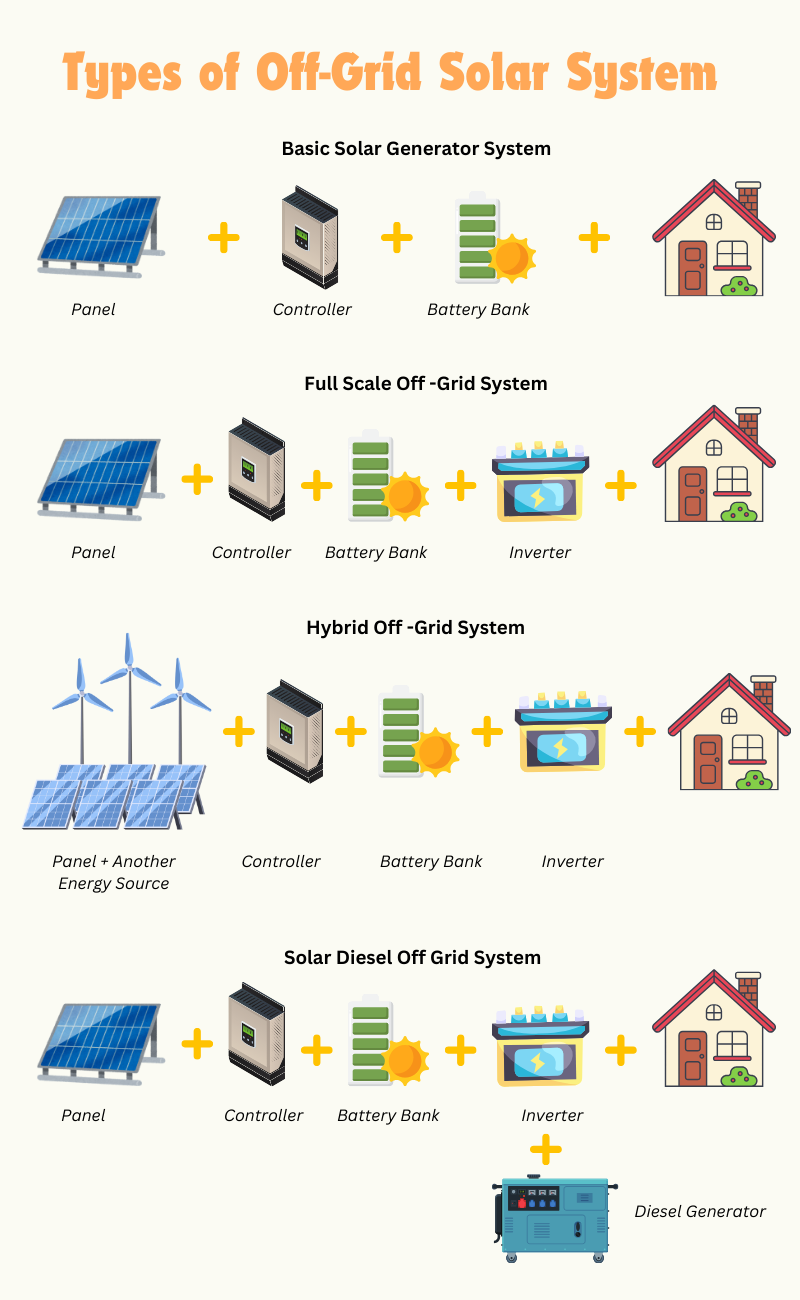
1. Basic Solar Generator Systems
These are the simplest form of off-grid solar systems, consisting of solar panels, a charge controller, and a battery bank. The main function of such systems is to provide power during outages or in areas where grid electricity is unavailable. Since they don’t include complex components like inverters, they’re typically used for small applications such as charging devices, powering lights, or running small appliances.
Benefits:
-
- Cost-effective
-
- Easy to install and use
-
- Portable
2. Full-Scale Residential Off-Grid Systems
For those who want to entirely eliminate their reliance on the grid or those living in remote areas where grid electricity is either unreliable or unavailable, full-scale residential off-grid solar systems are the way to go. These systems comprise solar panels, a battery bank, a charge controller, and an inverter.
The inverter plays a critical role in converting the direct current (DC) produced by the solar panels into alternating current (AC), which is used by most household appliances.
Benefits:
-
- Provides electricity for all household needs
-
- Sustainable and eco-friendly
-
- Potential for long-term cost savings
3. Hybrid Off-Grid Solar Systems
These systems combine the traditional solar setup with another energy source, like a wind turbine or a diesel generator. The advantage of a hybrid system is its ability to ensure a consistent power supply, even when there’s little sunlight. This can be especially crucial in areas with unpredictable weather patterns.
Benefits:
-
- Reliable power supply
-
- Utilizes multiple renewable energy sources
-
- Reduced dependency on any one energy source
4. Solar-Diesel Systems
In areas where consistent sunlight can’t be guaranteed, or for users who need an assured power supply 24/7, solar-diesel systems can be a game-changer. These systems combine the clean energy of solar panels with the reliability of a diesel generator. While the solar panels supply power during the day, the diesel generator can be used as a backup during prolonged cloudy days or at night.
Benefits:
-
- Highly reliable
-
- Efficient for large-scale operations
-
- Long-lasting power supply
5. Portable Off-Grid Solar Kits
Portable solar kits are perfect for those on the move. Whether you’re camping, hiking, or simply need a mobile power source, these kits come in handy. Typically, they include a small solar panel, battery storage, and necessary outlets to charge or power small devices.
Benefits:
-
- Lightweight and portable
-
- Ideal for outdoor activities
-
- Easy to set up and use
In Conclusion: Choosing the Right Off-Grid Solar System
The decision to invest in an off-grid solar system is a commendable one, both for the environment and, in many cases, your wallet. The key is to identify your primary power needs and choose a system that aligns with them. Whether you’re seeking a simple backup power source, a complete home solution, or a mix of renewable sources, the world of off-grid solar systems offers a range of possibilities to explore. And as technology advances, we can only expect these systems to become more efficient, affordable, and integral to our daily lives.

